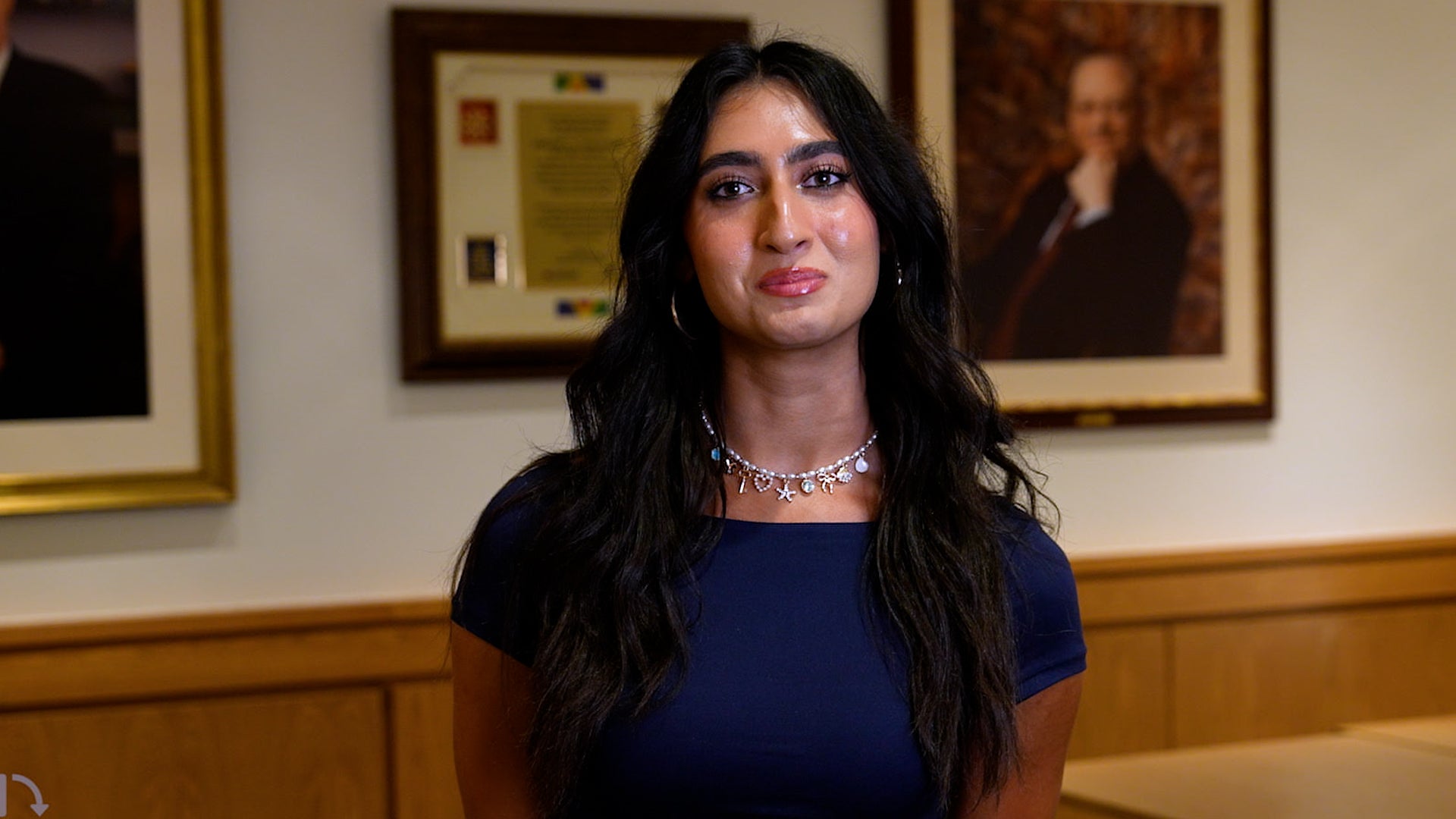Hackathon seeks digital solutions to health system challenges in Latin America, Caribbean

April 27, 2023 – When patients first receive a diagnosis at the doctor’s office, their initial instinct might be to go home and type their condition into a search engine—and immediately be overloaded with all sorts of scary information.
Afterward, patients begin the long journey of navigating a complex health care system. They can face hurdles in finding available clinicians who specialize in their condition, deciding between different treatment options, and accessing medications or other types of therapies.
These issues and more were the focus of a hackathon held on April 20-21, organized by the Health Systems Innovation Lab (HSIL) at Harvard T.H. Chan School of Public Health. The hackathon challenged the more than 700 participants to develop digital solutions for building high-value health systems—which provide cost-effective care that prioritizes patients’ quality of life—specifically in Latin America and the Caribbean.
The hybrid event was held both in-person at Harvard Chan School and at institutions in Brazil, Colombia, Mexico, and Peru, and virtually, with participants joining from 37 countries. Participants, including undergraduate and graduate students, postgraduates, researchers, and individuals involved in startups, formed 166 multidisciplinary teams. Over the course of the two days, the teams received mentorship from experts in the field and had the opportunity to pitch their ideas to a panel of judges.
HSIL Director Rifat Atun, professor of global health systems at Harvard Chan School, welcomed the participants and moderated several panel discussions. During the panels, health care experts from around the world shared their perspectives as policymakers, clinicians, researchers, and industry leaders.
Improving health care access
In Latin America, patients have challenges accessing physicians, health care infrastructure, and medical devices and pharmaceuticals, according to Héctor Valle, the executive chairman of FUNSALUD, a think tank in Mexico. Countries face difficulties in making all of those different components available “at the right time for the right patient,” he said.
In Mexico, for example, there are around 20,000 diabetes patients for every endocrinologist, said Valle. He suggested that technology such as artificial intelligence (AI) could help by analyzing patient data and prioritizing those most at risk for the disease.
Valle also noted that access to the health care system is inequitable across the Latin American population. “When I look at people all around the Latin American region, where they move outside of the capitals of the country or the main states—then the access gets to be very, very complex,” he said. For instance, patients in rural areas might only have access to family physicians, not specialists.
Ricardo Leite, a physician and member of the Portuguese Parliament, said that disease prevention is the key to building health care systems that prioritize patients. Currently, health care systems in Latin America and the Caribbean—and in fact, in many countries around the world—are reactive, treating patients once they become sick rather than trying to prevent disease in the first place.
“If a hospital gets rid of all of the patients—if they cure all patients—they get less money instead of getting more,” he said. “So we actually are telling hospital managers that the more sick people they find, the more money they’re going to get.”
Leite said that countries need to collect more data about how preventive measures impact patient outcomes, so that policymakers can be convinced to build better health care systems that incentivize prevention.
Innovative solutions
The hackathon teams developed proposals for how different technologies could be used to improve health care systems, particularly in the areas of cardiovascular disease and cancer, which are among the leading causes of death in Latin American countries.
Judges selected an overall winner of the hackathon, as well as second- and third-place teams for each of two categories, cardiovascular disease and cancer.
The winning team focused on the issue that patients can have difficulties taking hypertension medications correctly, leading to worsening symptoms and hospitalization. The team pitched a health app that would give reminders and reward points for patients who take their medications as prescribed. Patients would be able to compete with others for high scores and convert their points into discounts at pharmacies, gyms, and other places that promote health.
Among the other top teams, one focused on cancer, targeting the problem of limited resources for performing expensive molecular testing, a precise method for diagnosing the disease. The team proposed using AI to analyze data from less costly medical imaging tests, such as x-rays, in order to predict molecular test results. Using that information, clinicians could prioritize high-risk patients for molecular testing to confirm their diagnoses.
Another winning team proposed using AI to improve early diagnosis for cardiovascular disease. Blood pressure monitors would be distributed for free to patients’ homes or to nearby pharmacies for patients to use there. Then, combining the blood pressure readings with patients’ existing health records, the AI technology could diagnose patients quickly and alert clinicians about high-risk patients.
A total of $15,000 in prize money was distributed among the winning teams. The winners are also being invited to join the HSI Venture Incubation Program to further advance their proposals. The six-month program provides networking opportunities and support in developing strategies for funding and implementation.
– Jay Lau
Photo: Isabella Faria


